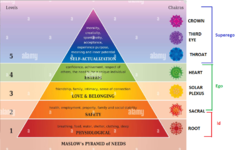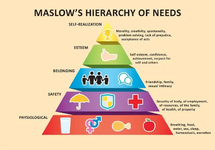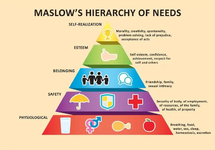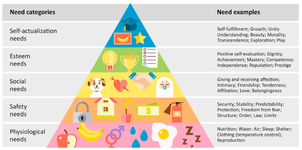ygolo
My termites win
- Joined
- Aug 6, 2007
- Messages
- 5,998
I am surprised nobody talked about this on here given the usual life-cycle goes through regarding typology on this site (curious/trying out/pseudo-believer/cramming own prejudices in the theory/non-believer/limited use as short-hand when its useful)
I've posted before about how MBTI is worse than IQ in fostering a fixed mindset.
I think it goes deeper than that, which upon learning about Robert Kegan's theory about adult development made me think that maybe the cycle of belief in type is similar to the stages of adult development. Maybe type really works for the supposed 58% of the adult population stuck in phase 3 of Kegan's development theory most of the time.
There is a set of Medium articles that made a good read for me:
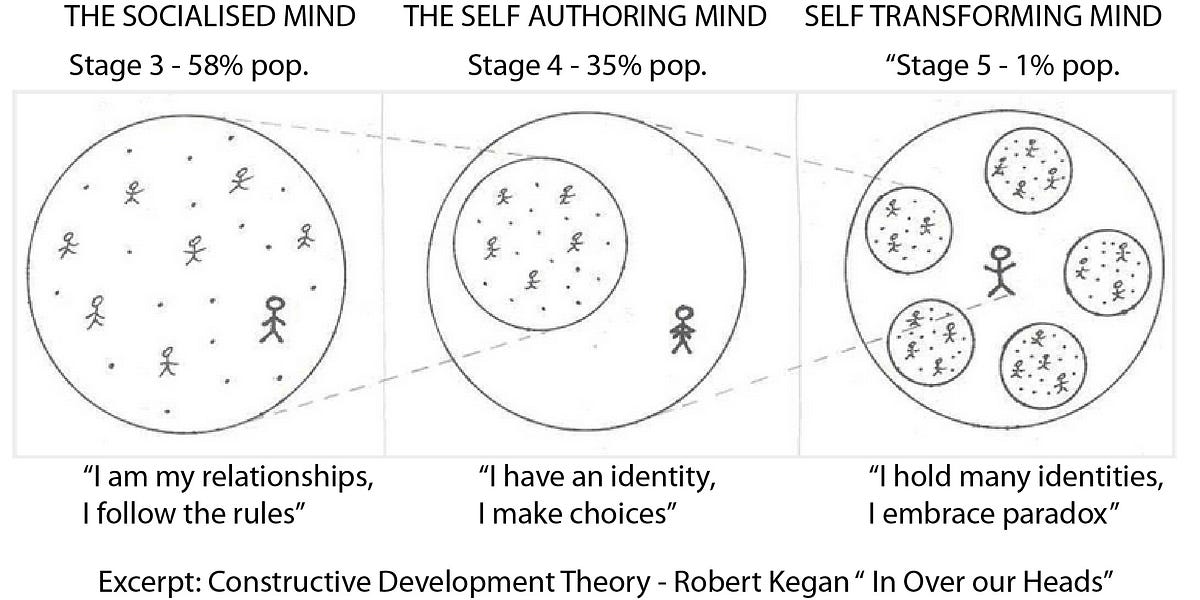
 medium.com
medium.com

 medium.com
medium.com

 medium.com
medium.com
Also, the linked article on self-authorship

The tl;dr?
Move from attachment and identifying with who or what makes you you (subject), detach and observe it as object.

Interestingly, this is also one of the core concepts of Acceptance and Commitment Therapy (they call it cognitive defusion or de-fusion as I think of it)
I've posted before about how MBTI is worse than IQ in fostering a fixed mindset.
I think it goes deeper than that, which upon learning about Robert Kegan's theory about adult development made me think that maybe the cycle of belief in type is similar to the stages of adult development. Maybe type really works for the supposed 58% of the adult population stuck in phase 3 of Kegan's development theory most of the time.
There is a set of Medium articles that made a good read for me:

Part 1: How To Be An Adult— Kegan’s Theory of Adult Development
Ever wondered what it means to be an adult?
 medium.com
medium.com

Part 2: How To Be An Adult -Kegan’s Theory of Adult Development
In Part 1 I introduced a new way of viewing adulthood, based on Dr. Kegan’s Theory of Adult Development.
 medium.com
medium.com

Part 3: How To Be An Adult -Kegan’s Theory of Adult Development
“No need is more fundamentally human than our need to understand the meaning of our experience.” — Jack Mezirow
 medium.com
medium.com
Also, the linked article on self-authorship

Three Elements of Self-Authorship - Redorbit
By Magolda, Marcia B Baxter This article describes three distinct yet interrelated elements of self-authorship: trusting the internal voice, building an internal foundation, and securing internal commitments.
www.redorbit.com
The tl;dr?
Move from attachment and identifying with who or what makes you you (subject), detach and observe it as object.

Interestingly, this is also one of the core concepts of Acceptance and Commitment Therapy (they call it cognitive defusion or de-fusion as I think of it)

